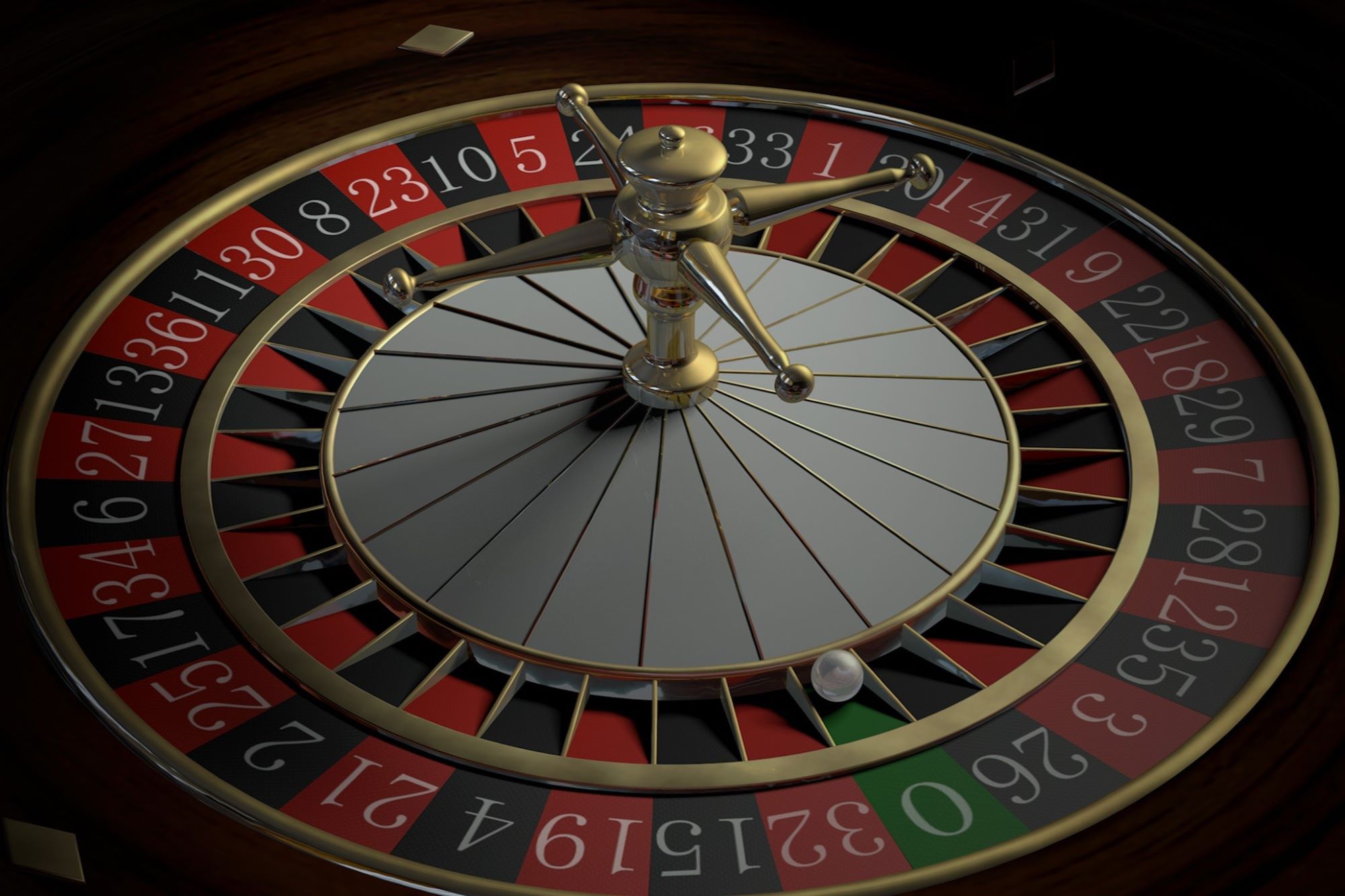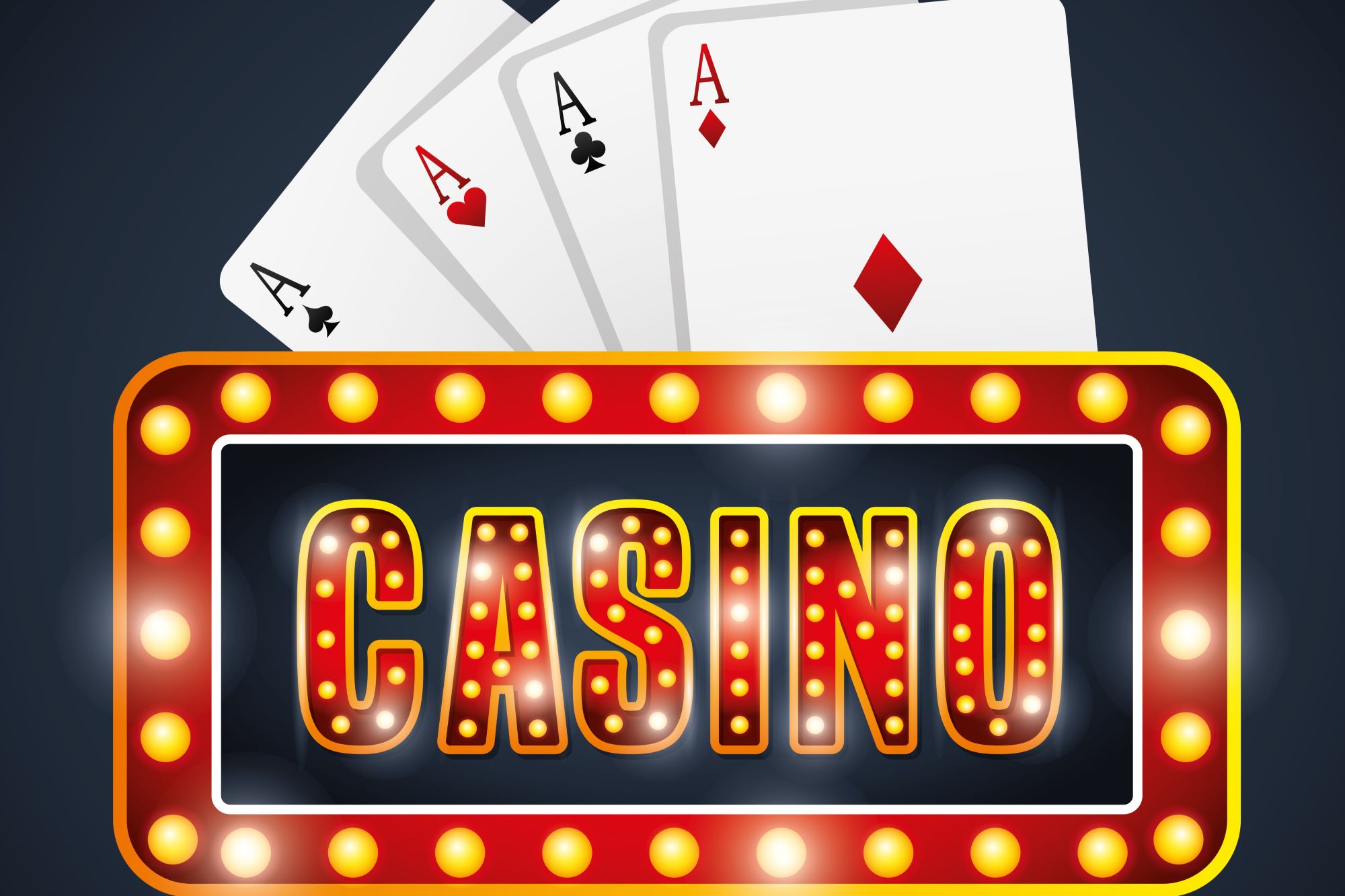Roulette—the word alone conjures images of spinning wheels, bouncing balls, and the exhilarating tension of a game steeped in both simplicity and sophistication. It’s one of the most iconic casino games worldwide, captivating players for centuries. But here’s the big question: should you rely on strategies to tilt the odds in your favor, or is it all just a gamble? Let’s dive into the fascinating world of roulette strategies, examining their mechanics, myths, and reality.
The Basics of Roulette
The Different Types of Roulette
Roulette comes in several variations, each offering unique rules and gameplay. Here’s a detailed breakdown:
- European Roulette
European Roulette is the most widely recognized and played version, especially popular in Europe and online casinos.- Wheel Layout: The wheel features 37 pockets, numbered from 0 to 36, with a single green pocket for the zero.
- House Edge: The absence of a double zero gives this version a lower house edge of 7%, making it more player-friendly.
- Gameplay: Players can bet on individual numbers, groups of numbers, or categories like red/black and odd/even.
- American Roulette
American Roulette is a popular variation in the United States, but it has a higher risk factor due to the extra pocket.- Wheel Layout: The wheel has 38 pockets, numbered from 0 to 36, plus an additional green pocket for the double zero (00).
- House Edge: The inclusion of the double zero increases the house edge to 26%, which is nearly double that of European Roulette.
- Gameplay: Betting options remain similar to European Roulette, but the extra pocket reduces the chances of winning bets.
- French Roulette
French Roulette shares similarities with the European version but introduces special rules that can benefit players.- Wheel Layout: It also features 37 pockets, including a single zero.
- Unique Rules:
- La Partage Rule: If the ball lands on zero, players betting on even-money wagers (like red/black or odd/even) lose only half their bet.
- En Prison Rule: In some cases, even-money bets are “imprisoned” for the next spin. If the next spin wins, the bet is returned.
- House Edge: With the La Partage rule, the effective house edge drops to 35% for even-money bets, making it the most favorable version for players.
How Roulette Works
At its core, roulette is a game of chance that revolves around a spinning wheel and a small ball. Players begin by placing their bets on a table marked with numbers, colors, and sections corresponding to the pockets on the wheel. Bets can range from predicting a single number to broader categories like whether the outcome will be red or black, odd or even, or within a specific number range. The diversity of betting options makes roulette accessible to newcomers while still offering depth for seasoned players.
Once all bets are placed, the dealer (or croupier) spins the wheel in one direction and launches the ball in the opposite direction. The wheel gradually slows, and the ball bounces and rolls until it lands in one of the numbered pockets. The number and color of the pocket determine the winning bet, and payouts are made accordingly. The anticipation of the ball’s final destination creates a thrilling experience that keeps players on the edge of their seats.
While the mechanics of the game are straightforward, mastering roulette is another story. The outcome of each spin is entirely random, driven by the wheel’s design and the ball’s motion. This randomness makes predicting results consistently impossible, even with strategies. Players must rely on luck, and while strategies can provide structure, they cannot alter the odds or overcome the house edge.
Key Terms Every Player Should Know
| Term | Description | How It Works | Odds/Probability | Impact on Gameplay |
| House Edge | The casino’s built-in advantage that ensures long-term profitability. | The house edge is calculated based on the number of pockets on the wheel. For European roulette, the edge is 2.7%, while American roulette has a higher edge of 5.26%. | European: 2.7%, American: 5.26% | The house edge is crucial in understanding the likelihood of the casino winning over time. |
| Straight Bet | A wager placed on a single number, either on the inside or outside of the table. | A player places a chip directly on a number. If the ball lands on that number, the payout is 35:1. | Odds: 1 in 37 (European) or 1 in 38 (American) | High risk, high reward. While it has low chances of winning, the payout is substantial. |
| Split Bet | A bet placed on two adjacent numbers, either horizontally or vertically. | The player places a chip on the line between two numbers. If the ball lands on either of those numbers, the payout is 17:1. | Odds: 2 in 37 (European) or 2 in 38 (American) | A moderate risk option with a decent payout compared to straight bets. |
| Even-Money Bet | A bet on the outcome being either red/black, odd/even, or high/low. | Players can bet on categories that have almost equal chances of winning, such as red/black or odd/even. | Odds: 18 in 37 (European) or 18 in 38 (American) | These bets are the safest in roulette, offering near 50/50 chances of winning. The payout is 1:1. |
Why Roulette Strategies Exist
The Psychology Behind Strategies
Humans are naturally inclined to seek patterns, even in situations where randomness dominates. When faced with a game like roulette, which is inherently unpredictable, people often feel the need to impose some kind of structure on their betting. This desire for control leads to the creation of strategies, which promise to give players a sense of order. The appeal of having a plan, even when the outcome is entirely based on chance, is deeply psychological. It helps players feel less powerless and more in control, even as they spin the wheel and wait for the ball to land.
While roulette is a game of pure luck, the act of following a strategy can provide players with a sense of comfort and focus. Betting systems, whether based on mathematical progressions or patterns, offer the illusion of reducing uncertainty. By following these strategies, players believe they are increasing their chances of success, even though, in reality, each spin of the wheel is an independent event that has no memory of previous outcomes.
Gambling Myths and the Search for a Winning System
The world of gambling is full of myths and misconceptions, particularly in games like roulette. One of the most prevalent myths is the idea of “hot numbers” or “cold streaks.” These are beliefs that certain numbers are “due” to hit or have been “due for a while.” In reality, the outcome of each spin is independent, and there is no such thing as a number being “hot” or “cold.” This flawed thinking leads many players to believe that they can develop a system or pattern to predict future outcomes based on previous ones.
This search for a winning system is driven by the need for certainty in an uncertain environment. The belief that a secret formula exists to beat the odds is enticing, but it is ultimately a fantasy. No strategy can alter the fundamental nature of roulette, where every spin is a random event. While systems like the Martingale or Fibonacci may provide structure, they cannot change the house edge or influence where the ball will land.
The Balance of Luck and Logic
Roulette is the quintessential game of luck, with each spin being entirely random. However, strategies introduce an element of logic, often relying on mathematical progressions or patterns to guide betting decisions. This combination of luck and logic creates a complex dynamic, where players attempt to balance their reliance on chance with a desire for structured decision-making. The use of strategies, like the Martingale or D’Alembert, gives players a sense of control over the randomness, but it does not eliminate it.
The truth is, while strategies can provide a framework for decision-making, they cannot eliminate the inherent randomness of the game. Even the most meticulously planned strategy cannot change the fact that roulette outcomes are determined purely by chance. Players may use strategies to give themselves a sense of order, but they must always remember that luck plays the decisive role in every spin.
Popular Roulette Strategies
| Strategy | How It Works | Pros | Cons | Best For |
| The Martingale Strategy | Double your bet after every loss to recover previous losses and gain a profit. | Simple to understand and execute. | Requires a hefty bankroll and can hit table limits quickly. | Players who can afford large bets and are willing to take risks. |
| The Reverse Martingale Strategy | Double your bet after every win, aiming to capitalize on streaks. | Less risky than the standard Martingale. | Streaks can end abruptly, wiping out gains. | Players who want to take advantage of winning streaks. |
| The D’Alembert Strategy | Increase your bet by one unit after a loss and decrease by one after a win. | Safer than Martingale and offers more controlled betting. | Slow recovery after losses and may not result in quick profits. | Conservative players who prefer gradual risk management. |
| The Fibonacci Strategy | Follow the Fibonacci sequence for your bets (1, 1, 2, 3, 5, etc.). | Adds structure to betting and limits losses in the short term. | Can result in significant losses if a losing streak occurs. | Players who enjoy a structured betting progression. |
| The James Bond Strategy | Spread your bets—covering high numbers, low numbers, and zero. | Fun, varied, and covers a wide range of possible outcomes. | Requires a sizeable initial bankroll and doesn’t guarantee consistent wins. | Players who like bold strategies and have a larger bankroll. |
Alternative Approaches to Roulette
- Play for Fun: One of the best approaches to roulette is to treat the game as a form of entertainment rather than a method to make money. The excitement of the spinning wheel and the anticipation of where the ball will land can be thrilling, but it’s essential to remember that roulette is a game of chance. Playing for fun helps to take the pressure off and allows you to enjoy the experience without the stress of trying to win back losses. By focusing on the enjoyment rather than the outcome, you can keep your gambling experience healthy and enjoyable.
- Set Realistic Expectations: It’s important to set realistic expectations when playing roulette. While it’s tempting to think that you can win big, the truth is that winning isn’t guaranteed, and losses are a part of the experience. Roulette is a game of randomness, meaning every spin is independent, and there’s no surefire way to predict where the ball will land. Understanding that losses are a natural part of the game helps you avoid frustration and disappointment.
- Practice Bankroll Management: One of the most crucial aspects of playing roulette responsibly is practicing effective bankroll management. Before you begin, decide on a set amount of money that you’re willing to risk and stick to it, no matter the outcome. This helps prevent the temptation to chase losses or bet more than you can afford to lose. A clear budget provides a structure that allows you to enjoy the game without putting your finances at risk.
Can Roulette Strategies Really Work?
House Edge and Probability
Roulette is a game that inherently favors the casino due to its built-in house edge. This edge, whether it’s 2.7% in European Roulette or 5.26% in American Roulette, ensures that, over time, the casino will make a profit. No matter which strategy a player employs, the house edge remains the same, meaning that the odds are always tilted in the casino’s favor. While strategies like Martingale or Fibonacci may offer a structured way to approach the game, they cannot change the fundamental mathematical odds that guarantee the casino’s profitability in the long run.
Even the most sophisticated betting systems can’t alter the house edge. For example, a player who follows a strategy might have short-term success, but the odds will always catch up over many spins. In the end, the house edge is unavoidable, and any gains made using strategies are often eventually lost. This is why, despite the appeal of these systems, players should be aware that the odds are never truly in their favor in the long run.
The Role of Randomness
Roulette is fundamentally a random game. Every spin of the wheel is independent, meaning the outcome of one spin has no influence over the next. The ball’s final position is determined by various physical factors like the speed of the wheel, the angle of the ball, and the friction of the surface. These factors ensure that each spin is a unique event, and no pattern or system can predict where the ball will land. This randomness is what makes roulette both exciting and unpredictable, but it also renders any strategy ineffective in the long term.
No strategy can change this inherent randomness. For instance, even if a player uses a betting system based on previous spins or patterns, they’re still subject to the random nature of the game. Strategies may help in structuring bets or controlling losses, but they cannot alter the fundamental reality that each spin is independent, and past results do not influence future outcomes. The belief that strategies can predict or manipulate the randomness of the game is a misconception.
Stories of Success vs. Reality
There are countless stories of players who claim to have won big using specific strategies, which often fuels the belief that such methods are effective. These success stories are usually exceptions to the rule and should not be taken as typical outcomes. While it is possible for a player to experience a streak of good luck, relying on a strategy as a guaranteed path to consistent winnings is unrealistic. The truth is that these big wins are rare, and they do not reflect the overall odds of the game.
In reality, most players who use strategies will eventually lose, as the house edge and randomness prevail. The success stories are often amplified or exaggerated, giving a false impression that strategies are reliable. The vast majority of players, even with strategies in place, will face losses over time. Understanding this reality is crucial to approaching the game with a healthy mindset and knowing that while strategies can provide structure, they cannot override the inherent odds of roulette.




